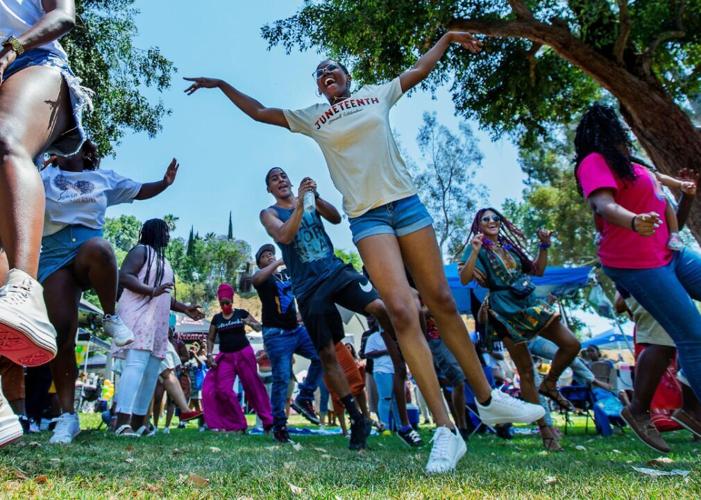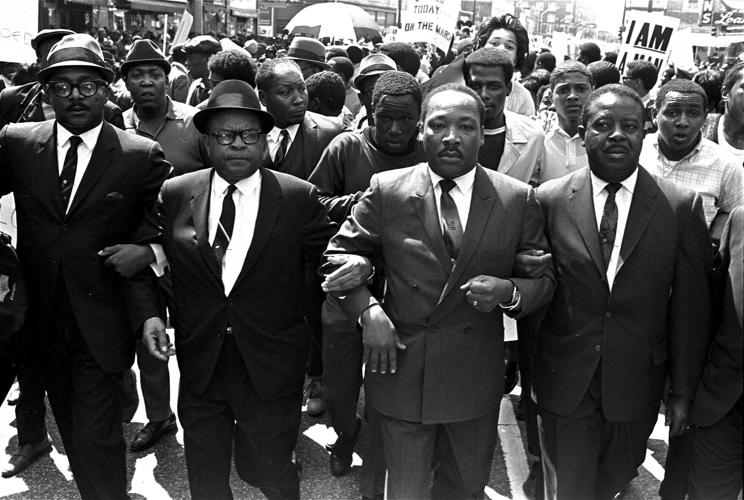The Trump administration released records of the FBI’s surveillance of Martin Luther King Jr., despite opposition from the slain Nobel laureate’s family and the civil rights group that he led until his 1968 assassination.

FILE - The Rev. Ralph Abernathy, right, and Bishop Julian Smith, left, flank Dr. Martin Luther King, Jr., during a civil rights march in Memphis, Tenn., March 28, 1968.
The release involves more than 240,000 pages of records that were under a court-imposed seal since 1977, when the FBI first gathered the records and turned them over to the National Archives and Records Administration.
King’s family, including his two living children, Martin III, 67, and Bernice, 62, were given advance notice of the release and had their own teams review the records ahead of the public disclosure. Those efforts continued even as the government unveiled the digital trove.
In a lengthy statement Monday, the King children called their father’s assassination a “captivating public curiosity for decades.” But the pair emphasized the personal nature of the matter and urged that “these files must be viewed within their full historical context.”
People are also reading…
It was not immediately clear Monday whether the release would shed any new light on King’s life, the Civil Rights Movement or his murder.
“As the children of Dr. King and Mrs. Coretta Scott King, his tragic death has been an intensely personal grief — a devastating loss for his wife, children, and the granddaughter he never met — an absence our family has endured for over 57 years,” they wrote. “We ask those who engage with the release of these files to do so with empathy, restraint, and respect for our family’s continuing grief.”

FILE - Demonstrators walk to the courthouse behind the Rev. Martin Luther King Jr. in Montgomery, Ala., March 17, 1965, to protest treatment of demonstrators by police during an attempted march.
They also repeated the family’s long-held contention that James Earl Ray, the man convicted of assassinating King, was not solely responsible, if at all.
A statement from the office of Director of National Intelligence Tulsi Gabbard called the disclosure “unprecedented” and said many of the records were digitized for the first time to make it possible.��
President Donald Trump promised as a candidate to release files related to President John F. Kennedy’s 1963 assassination. When Trump took office in January, he signed an executive order to declassify the JFK records, along with those associated with Robert F. Kennedy’s and King’s 1968 assassinations.
The announcement from Gabbard's office included a statement from Alveda King, Martin Luther King Jr.'s niece, who is an outspoken conservative and has broken from King's children on various topics — including the FBI files.
Alveda King said she was “grateful to President Trump” for his “transparency."
Separately, Attorney General Pam Bondi’s social media account featured a picture of the attorney general with Alveda King.
Besides fulfilling the intent of his January executive order, the latest release serves as another alternative headline for Trump as he tries to mollify supporters angry over his administration’s handling of records concerning the sex trafficking investigation of Jeffrey Epstein, who killed himself behind bars while awaiting trial in 2019, during Trump’s first presidency.��
On Friday, Trump ordered the Justice Department to release grand jury testimony but stopped short of unsealing the entire case file.
Bernice King and Martin Luther King III did not mention Trump in their statement Monday. But Bernice King later posted on her personal Instagram account a black-and-white photo of her father, looking annoyed, with the caption “Now, do the Epstein files.”

FILE - Martin Luther King Jr., head of the Southern Christian Leadership Conference, speaks to thousands during his "I Have a Dream" speech at the Lincoln Memorial during the March on Washington for Jobs and Freedom, Aug. 28, 1963, in Washington.
The King records were initially intended to be sealed until 2027, until Justice Department attorneys asked a federal judge to lift the sealing order ahead of its expiration date.
Scholars, history buffs and journalists have been preparing to study the documents to find new information about his assassination on April 4, 1968, in Memphis, Tennessee.
The Southern Christian Leadership Conference, which King co-founded in 1957 as the Civil Rights Movement blossomed, opposed the release. They, along with King’s family, argued that the FBI illegally surveilled King and other civil rights figures, tapping their offices and phone lines with the aim of discrediting them and their movement.

FILE - Rev. Martin Luther King, Jr. walks across the balcony of the Lorraine Motel in Memphis, April 3, 1968.
It has long been established that then-FBI Director J. Edgar Hoover was intensely interested if not obsessed with King and others that he considered radicals. FBI records released previously show how Hoover’s bureau wiretapped King’s telephone lines, bugged his hotel rooms and used informants to get information against him.
“He was relentlessly targeted by an invasive, predatory, and deeply disturbing disinformation and surveillance campaign orchestrated by J. Edgar Hoover through the Federal Bureau of Investigation (FBI),” the King children said in their statement.
“The intent of the government’s COINTELPRO campaign was not only to monitor, but to discredit, dismantle and destroy Dr. King’s reputation and the broader American Civil Rights Movement,” they continued. “These actions were not only invasions of privacy, but intentional assaults on the truth — undermining the dignity and freedoms of private citizens who fought for justice, designed to neutralize those who dared to challenge the status quo.”
The Kings said they “support transparency and historical accountability” but “object to any attacks on our father’s legacy or attempts to weaponize it to spread falsehoods.”
Opposition to King intensified even after the Civil Rights Movement compelled Congress and President Lyndon B. Johnson to enact the Civil Right Act of 1964 and the Voting Right Act of 1965. After those landmark victories, King turned much of his attention to economic justice and international peace. He was an outspoken critic of rapacious capitalism and the Vietnam War. King argued that political rights alone were not enough in an uneven economy. Many establishment figures like Hoover viewed King as a communist threat.
Civil Rights activist and Baptist minister Martin Luther King, Jr., is most remembered for his use of nonviolence and civil disobedience to ad…
King was assassinated as he was aiding striking sanitation workers in Memphis, part of his explicit turn toward economic justice.
Ray plead guilty to assassinating King. He later renounced that plea and maintained his innocence until his death in 1998.
Members of King’s family, and others, have long questioned whether Ray acted alone, or if he was even involved. Coretta Scott King for the probe to be reopened, and in 1998, then-Attorney General Janet Reno directed the Civil Rights Division of the U.S. Justice Department to take a new look.
The Justice Department said it “found nothing to disturb the 1969 judicial determination that James Earl Ray murdered Dr. King.”
The history and significance of Juneteenth
![]()
The history and significance of Juneteenth
Juneteenth—also known as Emancipation Day, Freedom Day, or the country's second Independence Day—stands as an enduring symbol of Black American freedom. When Maj. Gen. Gordon Granger and fellow federal soldiers arrived in Galveston, a coastal town on Texas' Galveston Island, on June 19, 1865, it was to issue orders for the emancipation of enslaved people throughout the state.
Although telegraph messages had spread news of the Emancipation Proclamation in 1863, and while the war had been resolved in the Union's favor since April of 1865, Granger's message represented a promise of accountability. There was now a large enough coalition to enforce the end of slavery and to overturn the Texas Confederate constitution, which forbade individuals' release from bondage.
In this way, Texas became the last Confederate state to end slavery in the United States.
Though celebrated for hundreds of years in parts of the U.S., Juneteenth's history and significance have only recently gained massive national attention. The historic date was not recognized as a federal holiday until 2021, more than a century and a half after it took place.
Today, Juneteenth is commonly commemorated with public art, festivals, and civic engagement across the country. In 2025, the long-awaited National Juneteenth Museum , guided by the staunch efforts of activist , who is widely regarded as the "Grandmother of Juneteenth." Meanwhile, cities like Atlanta, Detroit, and Philadelphia have expanded their Juneteenth programming, incorporating everything from economic justice panels to .
The holiday has also sparked renewed debates over how schools teach slavery and Reconstruction, particularly in light of state-level restrictions on curricula addressing racism and Black history. In this moment, Juneteenth has become not just a day of remembrance; it's a reflection of ongoing struggles for equity and historical truth.
explored the history and significance of Juneteenth by examining historical documentation, including texts for General Order #3 and the Emancipation Proclamation. Stacker also researched the lasting significance of this historic day while clarifying some of the most egregious misinformation about it.
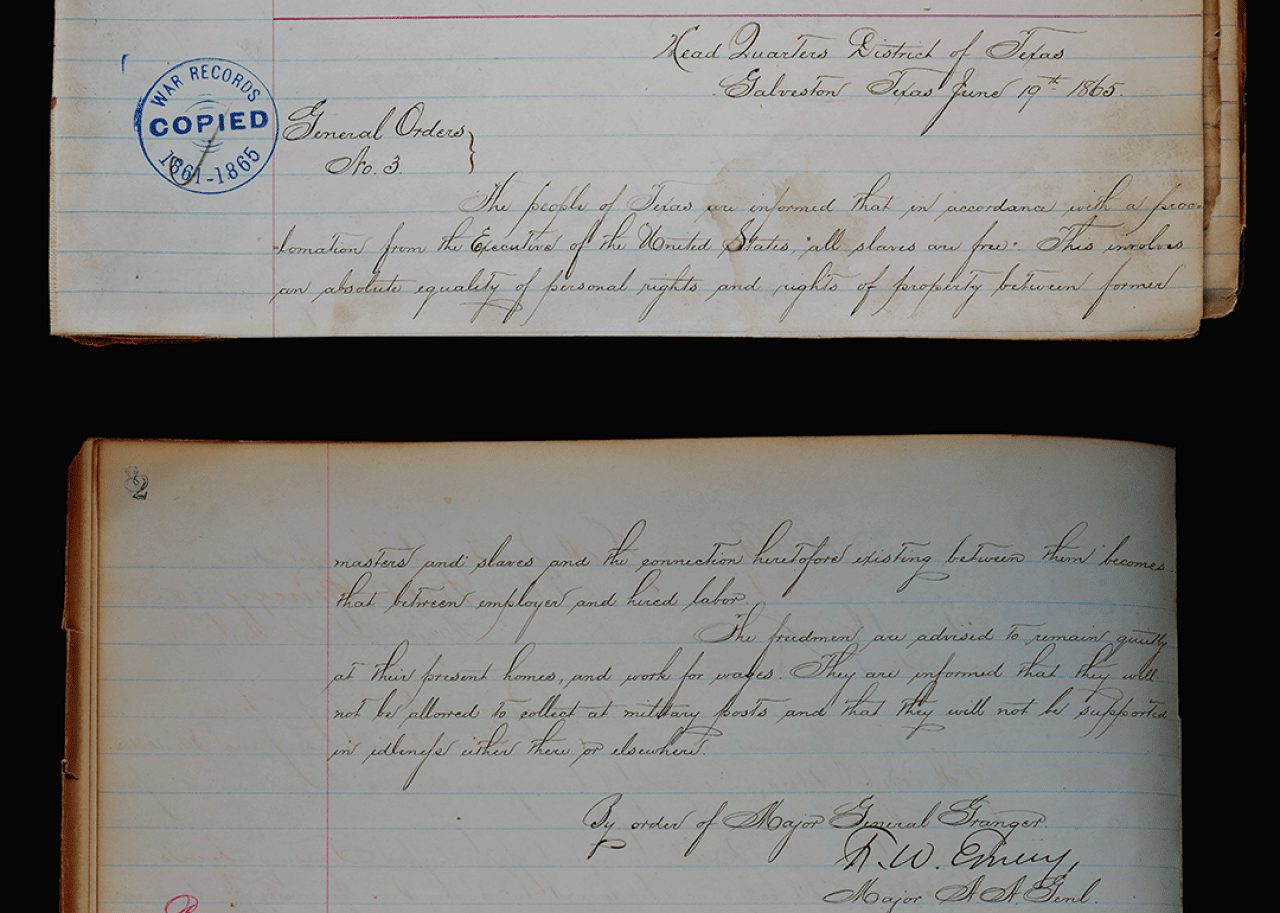
Juneteenth commemorates the 1865 delivery of General Order #3
Maj. Gen. Granger was given command of the District of Texas following the Civil War's conclusion, making him an obvious choice for delivering General Order #3.
In its simplest terms, declared that all enslaved people in Texas were free; but the order maintained racist undertones and encouraged enslaved people to stay where they were being held to continue work—this time for wages as free men and women.
The order's , preserved at the National Archives Building in Washington D.C., reads:
"The people of Texas are informed that, in accordance with a proclamation from the Executive of the United States, all slaves are free. This involves an absolute equality of personal rights and rights of property between former masters and slaves, and the connection heretofore existing between them becomes that between employer and hired labor. The freedmen are advised to remain quietly at their present homes and work for wages. They are informed that they will not be allowed to collect at military posts and that they will not be supported in idleness either there or elsewhere."
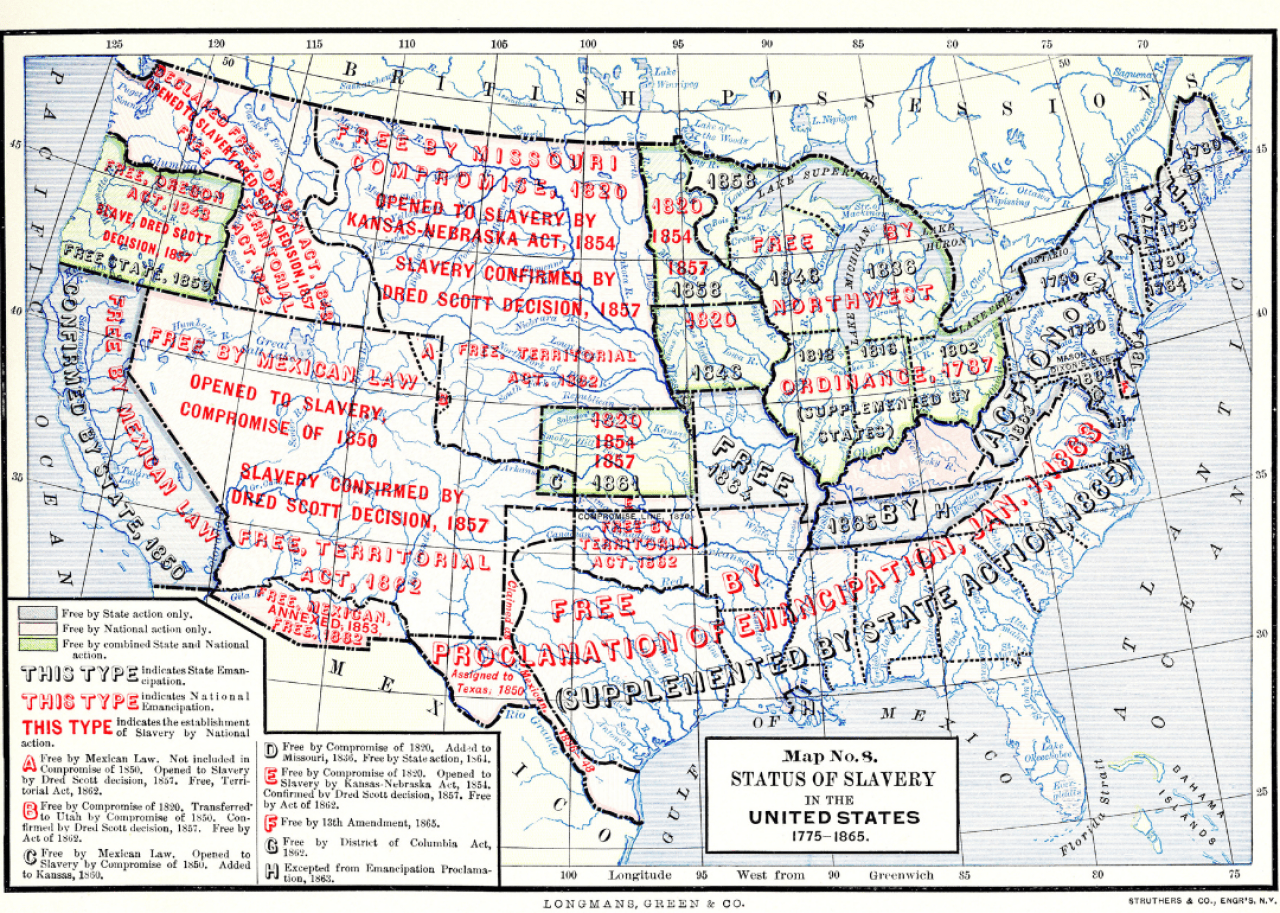
Chattel slavery in all states wasn't abolished until the end of 1865
The Emancipation Proclamation, signed into law by President Lincoln on Jan. 1, 1863, called for an end to legal slavery in secessionist Confederate states only, impacting about 3.5 million of the 4 million enslaved people in the country at that time. As the war drew to a close and Union soldiers retook territory, enslaved people living in those areas were liberated.
Lincoln's decision to free only those enslaved individuals in bondage in Confederate states was a strategic, militaristic method, as he notably did not free those enslaved in Union states. Further, the proclamation was unenforceable. Still, Union troops fighting in the war brought news of emancipation along with the military might to enforce it. Many enslaved people were motivated enough by the news to risk fleeing and seek safety in Union states or by joining the U.S. Army and Navy to help fight.
Following the Emancipation Proclamation, any enslaved person who escaped over Union lines or to oncoming federal troops during the war was free in perpetuity.
Maj. Gen. Granger's orders on June 19, 1865, released enslaved people in Texas from bondage. But it was another six months before the last two states——freed enslaved people, and only when the 13th Amendment was ratified on Dec. 18, 1865.
The 13th Amendment officially ended slavery and involuntary servitude at the federal level, except as a punishment for a crime. That loophole has been capitalized upon since the amendment passed. Kentucky officially in 1976.
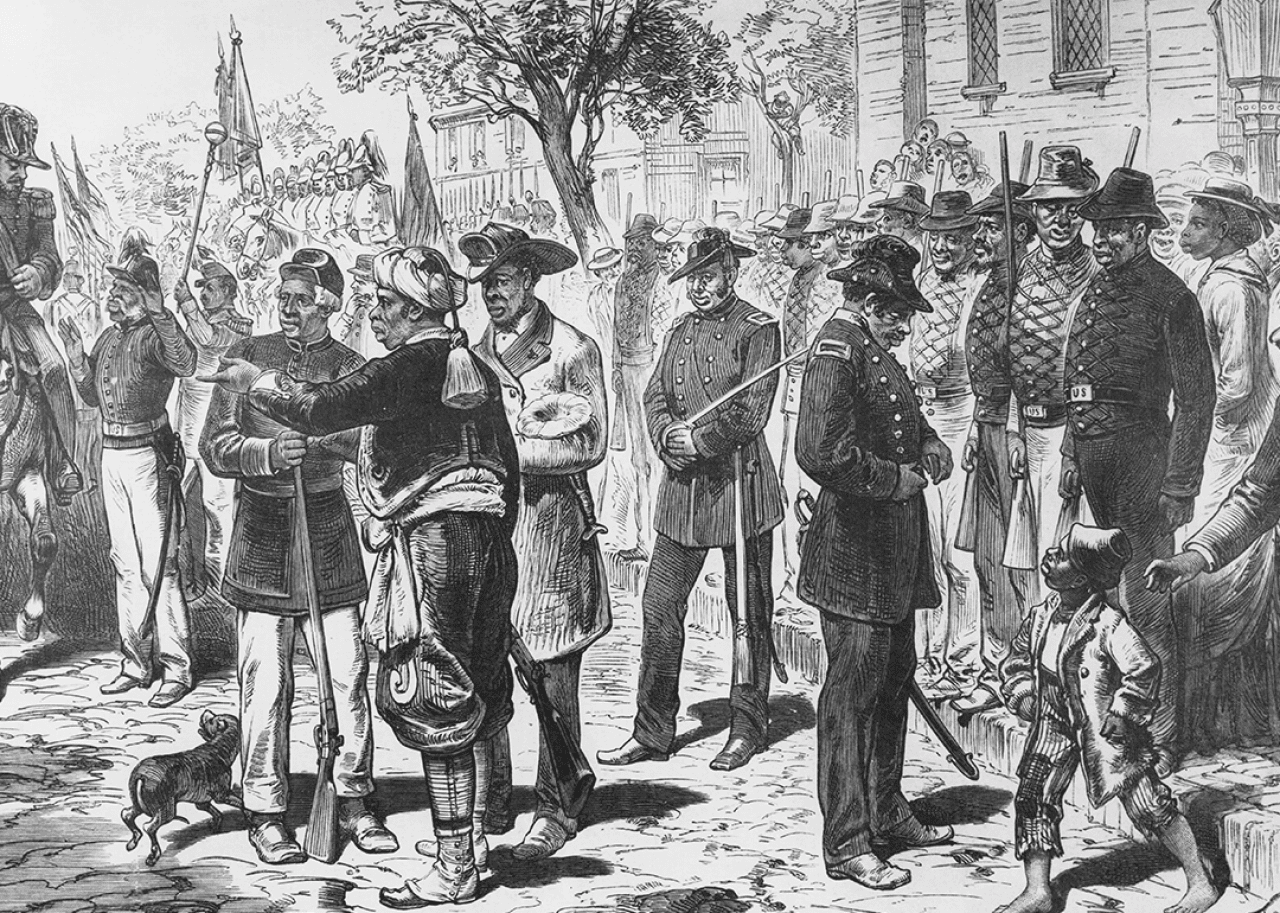
Juneteenth celebrations originated in Galveston, Texas, starting in 1866
Mixed reactions followed .
Many newly freed people remained on former enslavers' properties to work for pay, while others immediately fled north or into nearby states like Arkansas, Louisiana, and Oklahoma to reunite with family. As people fanned out around the country, they took Juneteenth celebrations along with them. Formerly enslaved people and their descendants also made yearly pilgrimages back to Galveston to memorialize the date's significance.
Juneteenth became an official Texas holiday in 1980.
While Juneteenth is among the oldest celebrations of emancipation, it is not the oldest. That distinction goes to Gallipolis, Ohio, which has celebrated the end of slavery there since Sept. 22, 1863.
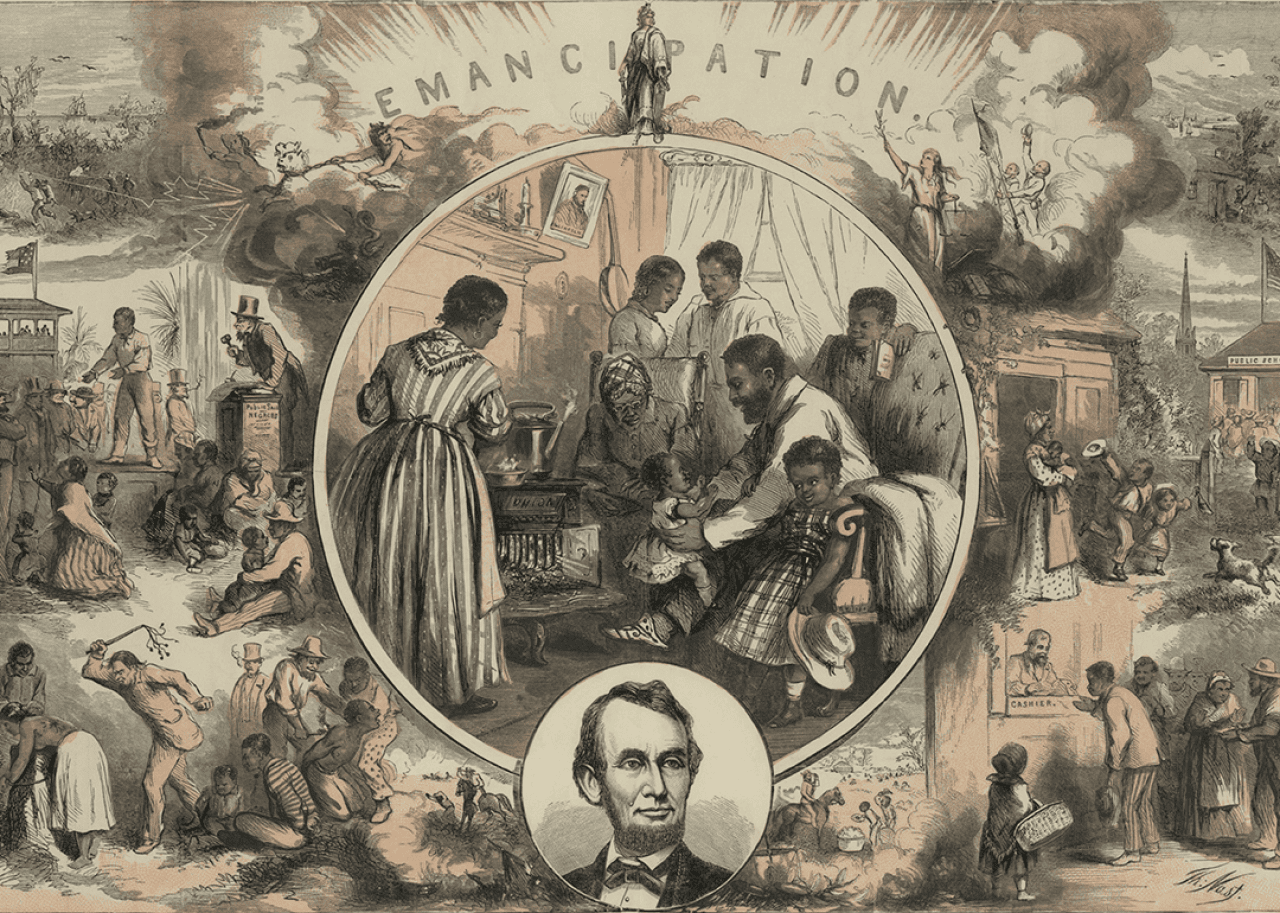
The first land to commemorate and celebrate the event was purchased in 1872 and is now a public park
Formerly enslaved African American ministers and businessmen got together in 1872 to raise the $1,000 necessary to buy 10 acres of land in Houston's Third and Fourth wards. They called the lot .
The park was donated to the city of Houston in 1916. In the late 1930s, the Public Works Administration, which was established as part of President Franklin D. Roosevelt's New Deal, constructed a recreation center and public pool on the park site. The Houston City Council declared the park a protected historic landmark on Nov. 7, 2007.
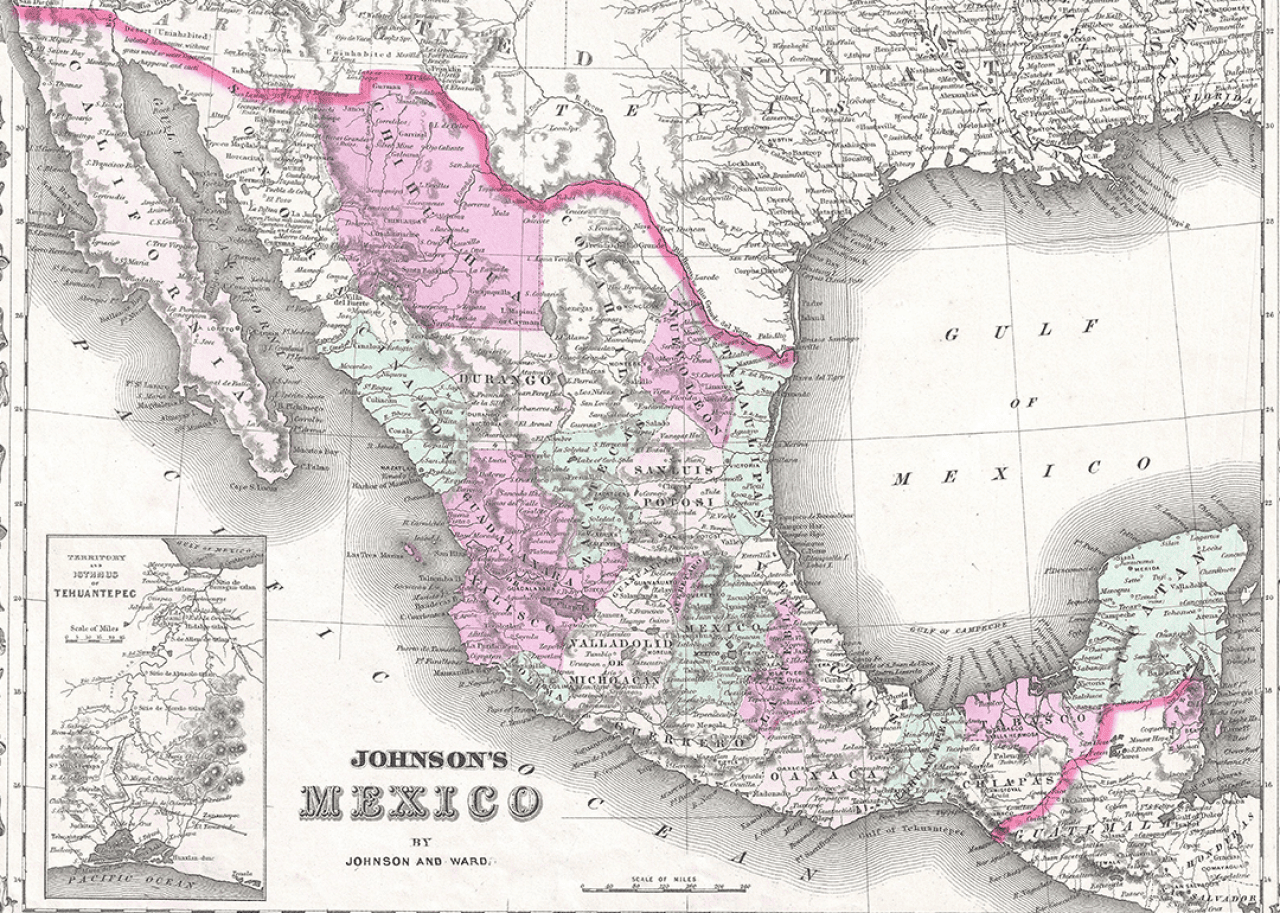
Juneteenth has been celebrated in Mexico for more than 150 years
Mexico was a longtime sanctuary for those who escaped chattel slavery, with a that helped as many as 10,000 people flee bondage. Descendants of enslaved people who also emigrated over the southern border from the U.S. brought with them a tapestry of histories and traditions, including the Juneteenth celebration.
Juneteenth has been celebrated in a small Mexican village called Nacimiento since 1870.
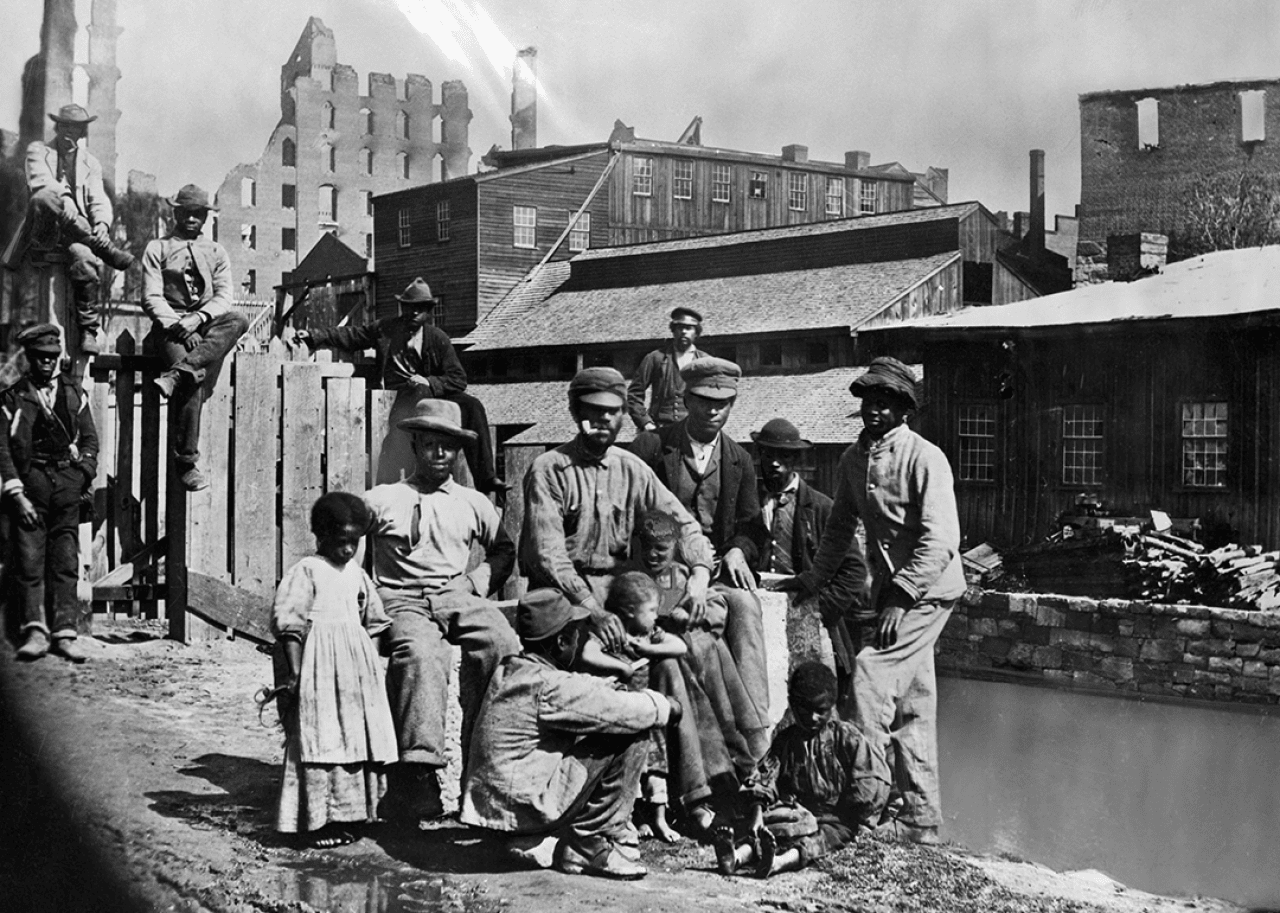
The last enslaved people in the US weren't adopted as citizens until 1885
The Choctaw Nation of Oklahoma sided with the Confederacy during the Civil War and had members who enslaved Black women, children, and men. Following the Civil War's conclusion, the Choctaws did not grant those who were enslaved their freedom.
The called for the Choctaws to free the enslaved Africans in exchange for $300,000 paid by the U.S. government to the Choctaws and the Choctaw Nation. Many of those liberated chose to stay and live as free people among the tribal communities. More than 100 years later, in 1983, Choctaw voters adopted a that declared all members "shall consist of all Choctaw Indians by blood whose names appear on the original rolls of the Choctaw Nation … and their lineal descendants," all but expelling Freedmen citizens from citizenship within tribal communities.
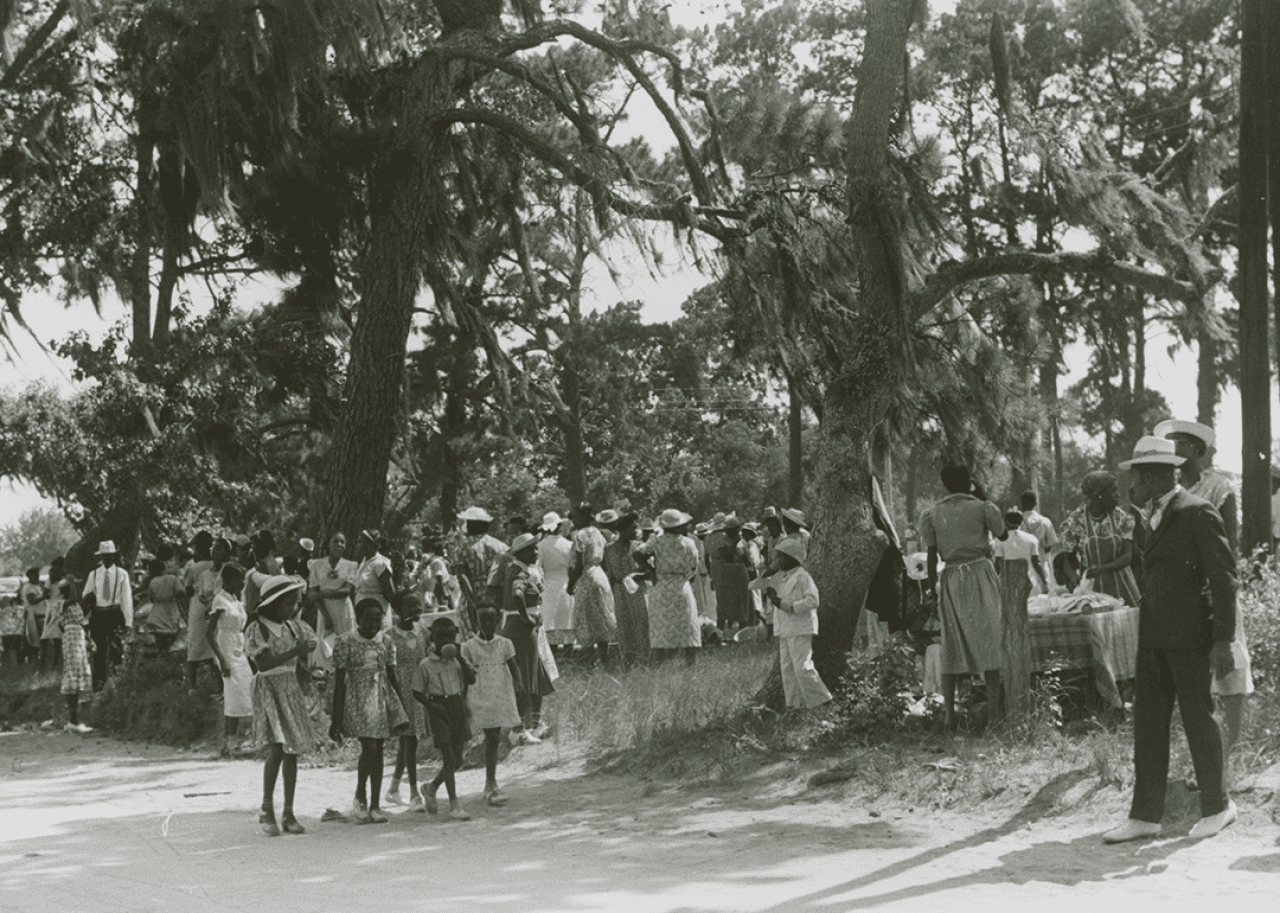
Festivities became more commercialized in the 1920s during the Great Migration
Early Juneteenth celebrations were spent in prayer and with family but eventually expanded to include everything from rodeos and baseball to certain foods like strawberry soda pop and barbecues. Food has long been central to Juneteenth, as participants often arrive with their own dishes.
Attention for Juneteenth waned in the early 20th century as classroom instruction veered away from the history of enslavement in the U.S. and instead taught that slavery ended in one fell swoop with the Emancipation Proclamation.
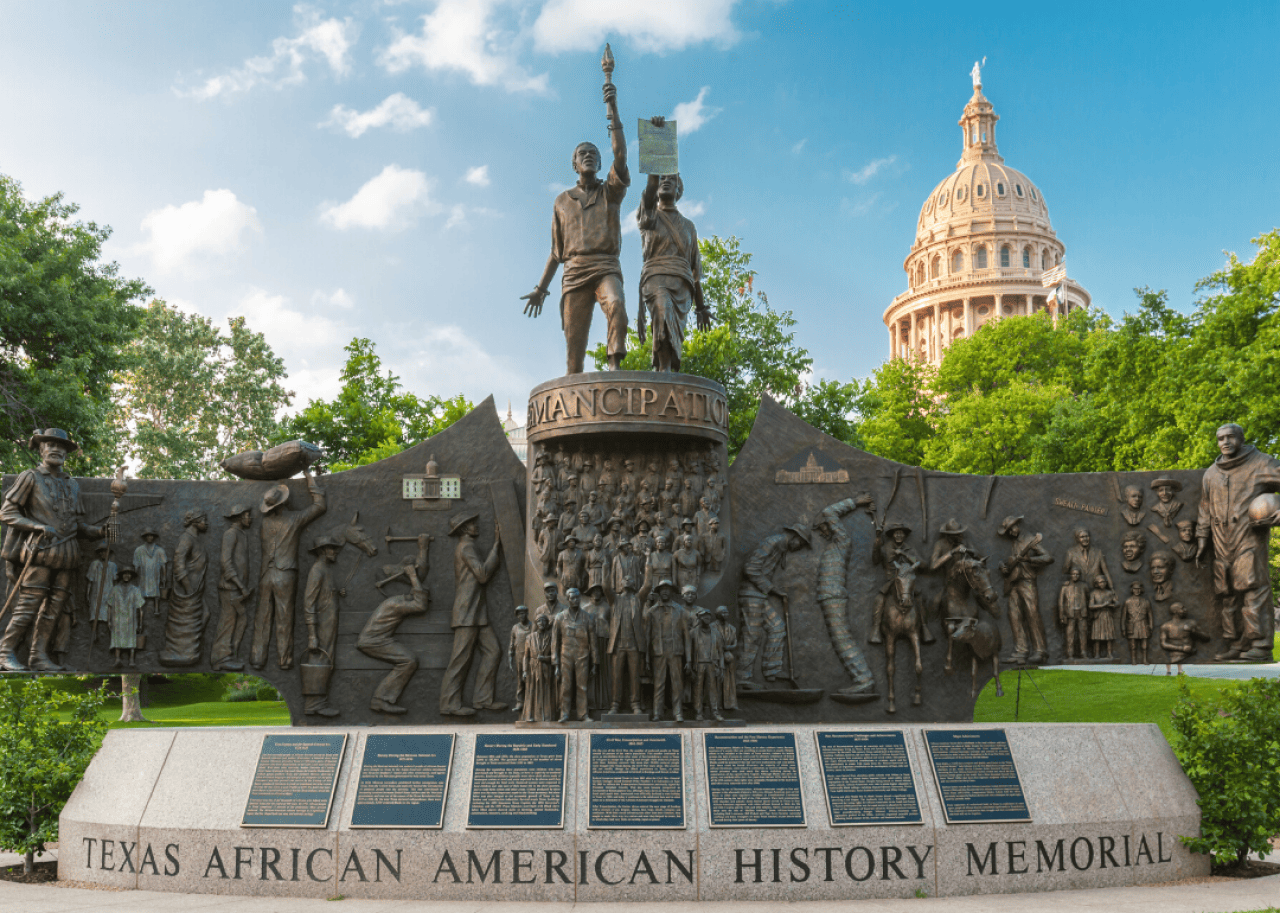
Juneteenth officially became a Texas state holiday in 1980
Texas was the last Confederate state to free enslaved people from bondage, but it was also the first to make Juneteenth an official state holiday.
The late Texas Rep. Al Edwards put forth a bill in 1979 called that was entered into state law later that year and went into effect on Jan. 1, 1980. It was before another state—Florida—passed a similar law of recognition.
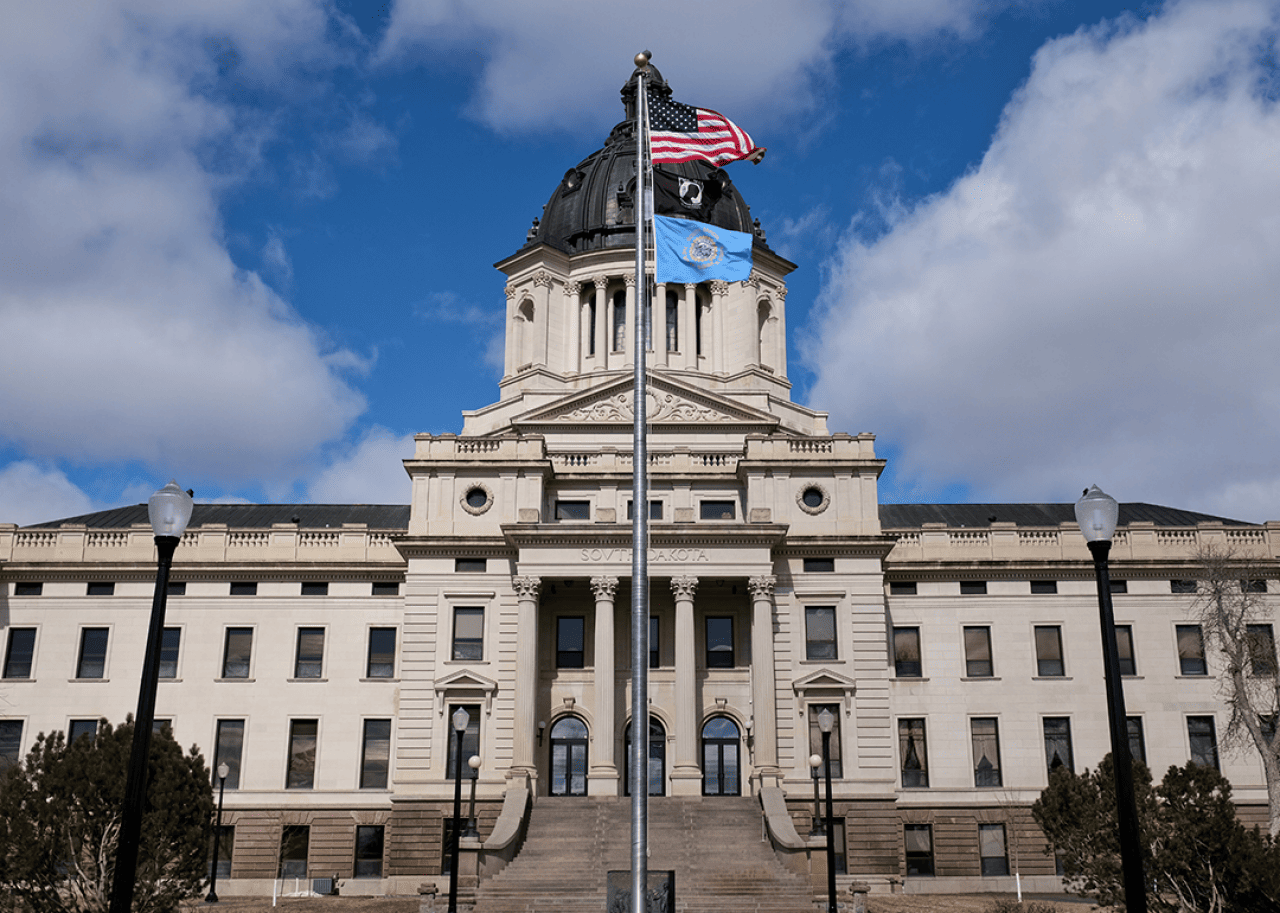
South Dakota was the last state to make Juneteenth a legal holiday
In February 2022, Gov. Kristi Noem signed HB 1025 to recognize Juneteenth as a legal holiday.
preceded South Dakota by about eight and 10 months, respectively.
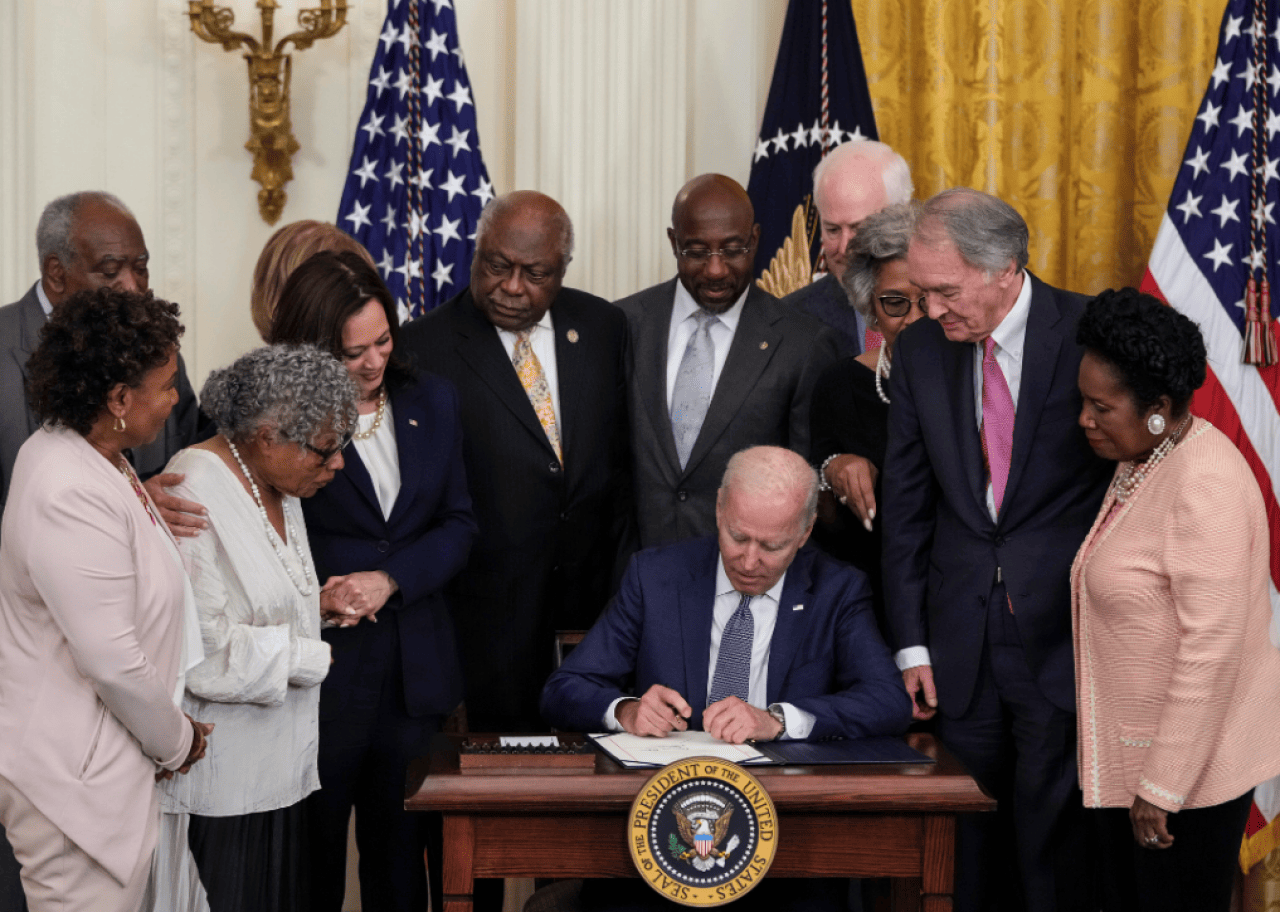
Juneteenth wasn't recognized as a federal holiday until 2021
Juneteenth achieved increasing recognition in recent decades, but the full embrace of the celebration as a national holiday following the murder of George Floyd on May 20, 2020. The resultant Black Lives Matter protests that erupted worldwide in a stance against acts of racial injustice and police brutality spurred corporations nationwide to support Juneteenth as an act of allyship, and things snowballed from there.
The following year, President Joe Biden signed a bill in June 2021 officially declaring Juneteenth a national holiday. Juneteenth was the first new federal holiday since 1983 (MLK Jr. Day) after .
Additional writing and copy editing by Paris Close.
Juneteenth—also known as Emancipation Day, Freedom Day, or the country’s second Independence Day—stands as an enduring symbol of Black American freedom.
When Maj. Gen. Gordon Granger and fellow federal soldiers arrived in Galveston, a coastal town on Texas’ Galveston Island, on June 19, 1865, it was to issue orders for the emancipation of enslaved people throughout the state.
Although telegraph messages had shared news of the Emancipation Proclamation in 1863, and while the war had been settled in the Union’s favor since April of 1865, Granger’s message was a promise of accountability. There was now a large enough coalition to enforce the end of slavery and overwhelm the Texas Conferedate constitution, which forbade individuals’ release from bondage.
In that way, Texas became the last Confederate state to end slavery in the U.S.
Though celebrated for hundreds of years in parts of the U.S., Juneteenth’s history and significance only recently scaled for a massive national audience and inflection point. The historic date was not recognized as a federal holiday until 2021—more than a century and a half after it took place.
explored the history and significance of Juneteenth by examining historical documentation including texts for General Order #3 and the Emancipation Proclamation. Stacker also researched the lasting significance of this historic day while clearing up some of the most egregious misinformation about it.
You may also like:
![]()








